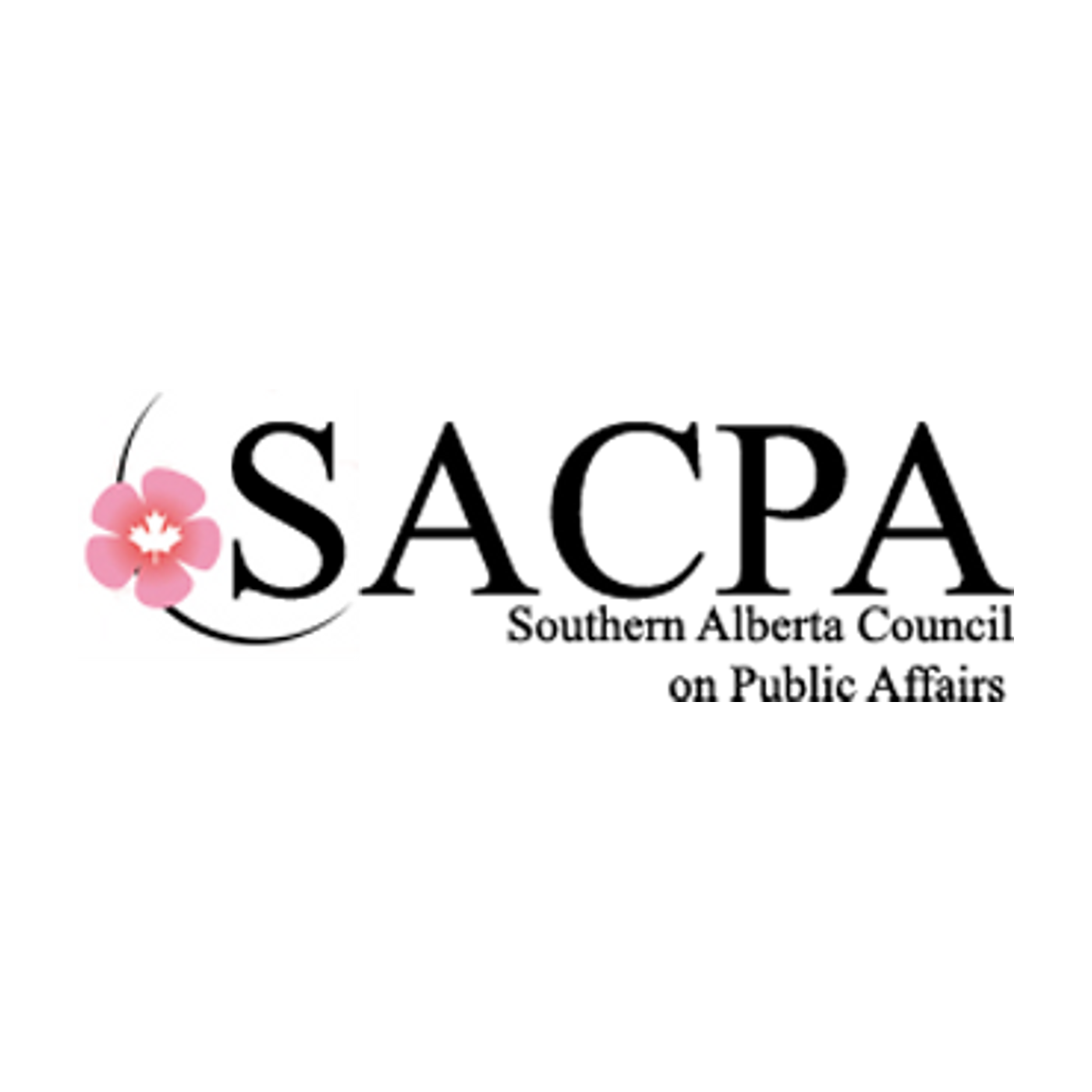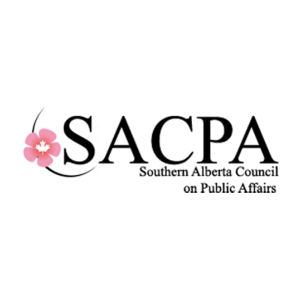
26.1K
Downloads
1381
Episodes
SACPA seeks to promote a sense of community and citizenship amongst the public. It is strictly non-partisan in its political outlook and encourages the expression of divergent viewpoints. SACPA does not take sides on the issues debated at its sessions. The opinions expressed by speakers are their own and are not necessarily shared by the Board of Directors.
Episodes

Sunday Dec 17, 2023
Sunday Dec 17, 2023
Despite its seemingly objective stance towards history, rooted in the analysis of material remains of past societies, archaeological interpretation is often contested and invoked to make arguments about the present. Archaeology acts, in some ways, as a metaphorical fault line in contemporary societies, upon which power and identity is negotiated through reference to past peoples and things. Because of this, how people treat cultural heritage can be used as a barometer for different kinds of political sentiments, from the rights of women and minorities to public mistrust of vaccines. In this talk, the speaker will explore how archaeology and the treatment of cultural heritage has related to the political and social movements from the 18th century to the present. He will discuss how Napoleon’s invasion of Egypt prefigured the extractive colonial regimes of the Victorian era.
The treatment of First Nations bodies by museums in the same period reflected genocidal policies of settler colonialism. More recently, the rise of Islamist ideologies were first evident through iconoclasm towards ancient architecture. Likewise, spurious treatments of antiquity in the mainstream media, such as crediting aliens with the construction of ancient monuments, foreshadowed the emergence of alternative media outlets and the breakdown of widespread agreement on objective facts. In the current political sphere, the rise of right-wing populism throughout North America and Europe has also seen extremist groups adopting ancient symbols and justifying their stances through reference to spurious visions of history.
Speaker: Kevin McGeough
Kevin M. McGeough is Professor of Archaeology in the Department of Geography & Environment at the University of Lethbridge and holds a Board of Governor’s Research Chair in Archaeological Theory and Reception. An alumnus of the University of Lethbridge, McGeough has excavated in Israel, Turkey, Egypt, Jordan, and Canada and is currently a co-director of the University of Lethbridge archaeological excavations at Head-Smashed-In Buffalo Jump, UNESCO World Heritage Site. He has been the editor of the Annual of the American Schools of Oriental Research, ASOR’s Archaeological Report Series, and is currently co-editor of the Alberta Archaeological Review.
McGeough is the author of a three-volume series on the reception of archaeology, called The Ancient Near East in the Nineteenth Century. McGeough has also written extensively on economic issues at the Late Bronze Age site of Ugarit, including two books, Exchange Relationships at Ugarit and Ugaritic Economic Tablets: Text, Translations, and Notes. He is the author of Representations of Antiquity in Film: From Griffith to Grindhouse a study of the ancient world in cinema. McGeough’s next book, Readers of the Lost Ark: Imagining the Ark of the Covenant from Ancient Times to the Present, is due from Oxford University Press in the fall of 2024.

Comments (0)
To leave or reply to comments, please download free Podbean or
No Comments
To leave or reply to comments,
please download free Podbean App.